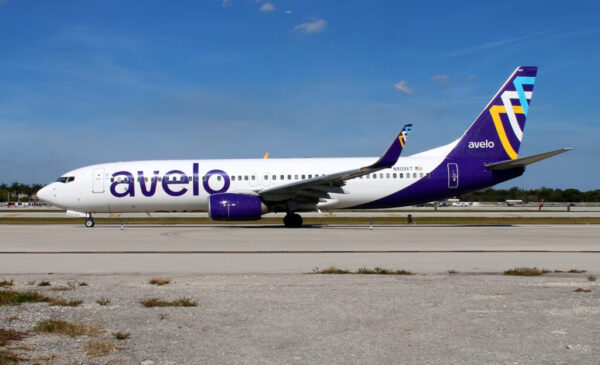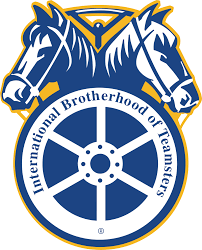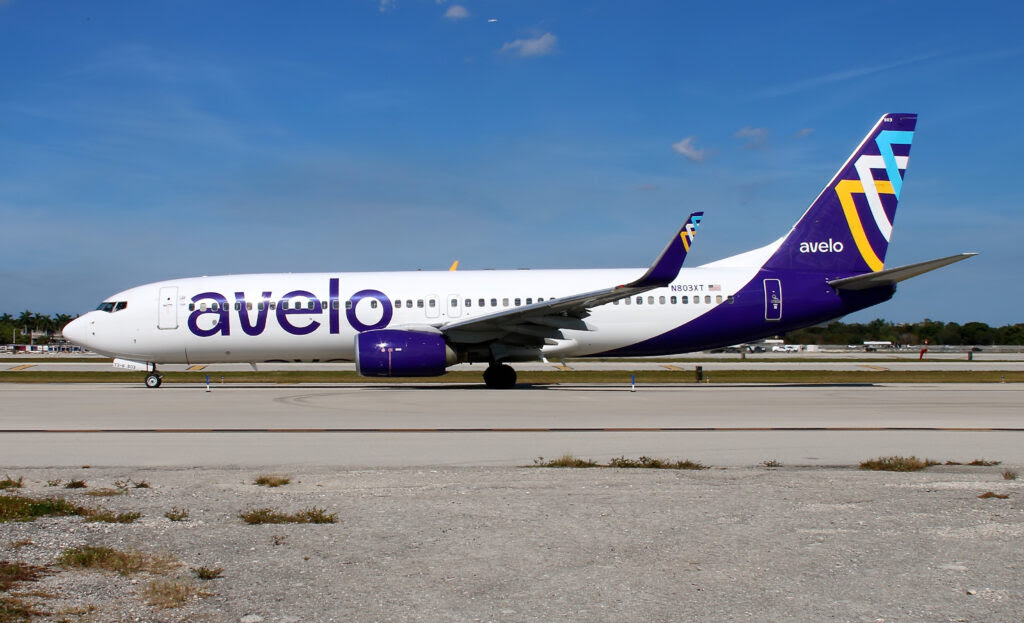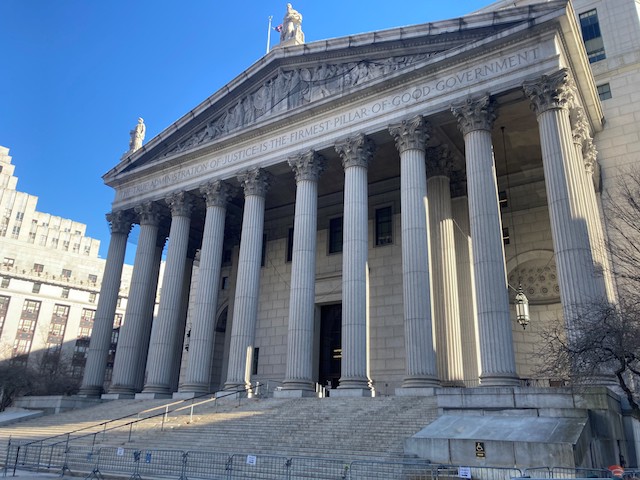NEW YORK, N.Y.— With Michael Cordiello retiring this week after 13 years as president of Amalgamated Transit Union Local 1181-1061, his successor, recording secretary Tomas Fret, says restoring job protections for city school-bus drivers is “absolutely” a priority.
“We are in support of the School Bus Bill of Rights,” Fret, who will take over the presidency on July 1, told LaborPress. Developed by the group Parents to Improve School Transportation (PIST), it includes restoring the “employee protection provisions” eliminated by mayor Michael Bloomberg in 2013; having only one school campus per bus route; no routes longer than 90 minutes, and supporting a good contract for drivers.
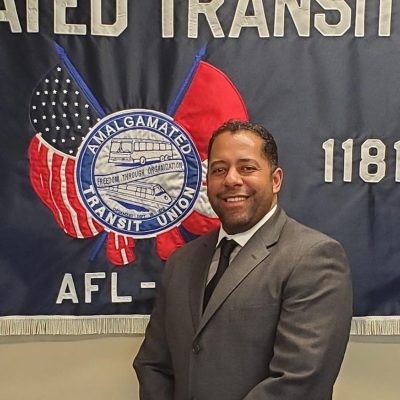
Public-school parents have complained for years that the buses, which are run by private contractors and primarily transport disabled and special-education children, are often late, sometimes don’t show up at all, and have routes that are so long and convoluted it can take two hours or more for their children to get to or come home from school. The COVID pandemic intensified those problems, as it worsened the shortage of drivers.
“The problem is we’re short about 400-500 drivers,” Cordiello told LaborPress.
How can that be fixed? “Paying more money is always good,” he says, as would be better benefits. “And bring back employee protection provisions.”
More than half the city’s school-bus drivers have lost those protections since 2013, says Cordiello. They had ensured that when the city hired a new contractor for a route, it had to hire the old contractor’s drivers and attendants in order of seniority, at the same pay and benefits. Without the protections, workers lost money, benefits, and job security.
“We have to give people reasons to stay,” says Cordiello. The union has lobbied the state government to restore employee protection provisions, he adds: The Assembly included them in its proposed budget earlier this year, but the state Senate didn’t. Then-governor Andrew Cuomo vetoed bills to restore them in 2016 and 2019.
The job isn’t easy. “You have to be a special person to work with these children,” Cordiello says. Some new drivers quit within two days. And drivers and attendants only get paid for the roughly eight hours they’re on the bus working: If they do a 12-hour shift, from 6:30 to 10 in the morning and 2 to 6:30 in the afternoon, they get paid for eight hours.
“From their side, they’re not getting paid enough. And then they’re asked to double up the routes,” Brooklyn mother Beth Eisgrau-Heller said in School Bus Bill of Rights, a short documentary film produced by With Us and executive producer Brooke Broussard in cooperation with PIST, Brooklyn College, and MediaPlace.
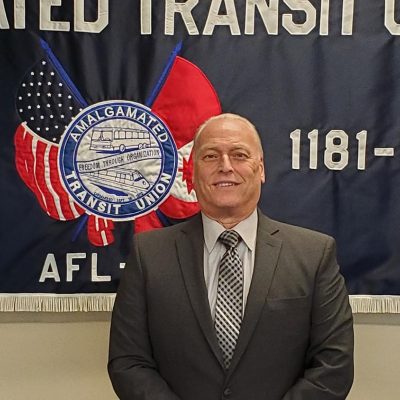
Local 1181-1061’s contracts with several large bus companies will expire next June.
“We are very interested in supporting good union contracts,” says PIST cofounder Sara Catalinotto. “The more good drivers we can retain, and the more strength these workers have for opposing unsafe vehicles or bad routes, the better for the children.”
The group wants to put the Bill of Rights on the city ballot as an initiative, but will not be able to begin collecting petition signatures until next year.
The union has been working with PIST for about 12 years, Fret said in School Bus Bill of Rights.
“We have to make this a career again. This way, people wake up in the morning and say, ‘you know what? I want to go to work. I care for the children in New York City,’” he continued. “When you drive these children, they take a special place in your heart.”
“I like to keep pressing that point,” Cordiello told LaborPress. “We need to make school busing a career.”


